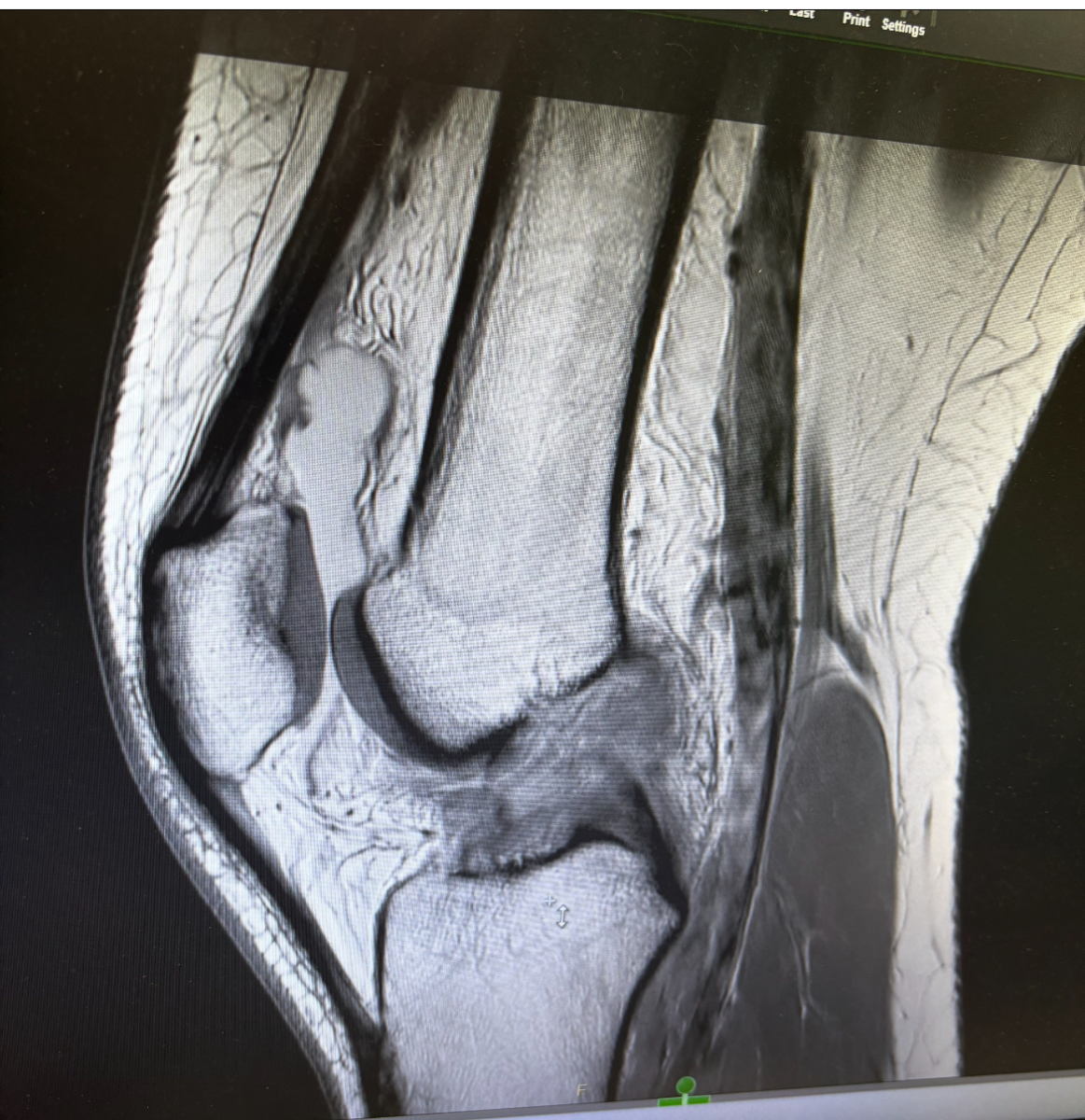Whether it’s vacation, new school, summer abroad, or moving to a new city, homesickness has an ability to sneak up on a person. It can hit when you’re secluded, during a phone call with your parents, or even in the middle of a crowded room. While going somewhere new can be exciting, it can also leave you with a longing for what you once had and where you once were. Homesickness doesn’t care if you are young, old, or in-between; people of all ages can feel the need for home.
A blog by the HuffPost explains that homesickness is distress related to being away from home and a longing for people, pets or places that are connected to home. And while homesickness can feel like it might never pass, it’s important to remember you are never alone.
Rutgers Health states that studies have shown that 70 percent of first-year students experience symptoms of homesickness, which means it’s quite likely a number of people around you are feeling exactly the same. A post by The Hilltop lists depression, sadness, anxiety, irritability, and grief over the loss of familiar surroundings as key signs of homesickness. Often people dealing with complete independence for the first time can feel its impact more intensely than others, but so do people switching jobs, children at summer camp and soldiers deployed overseas. And students at Western Massachusetts boarding schools.
Crew Colon, boarder and starting varsity quarterback for the football team, says he “feels homesick in his room mostly, even if my roommate is there,” showing that homesickness can linger, even with a person present. Crew, from Middletown, N.Y., also added that the best way to get over homesickness is to “distract yourself,” by doing anything that takes your mind off of home. These activities can include video games, working out, or watching a movie, all of which can put you in a place where you are only noticing where you are, and not where you have been, or where you aren’t.
While homesickness can be incredibly hard, sometimes enough for you to want to curl up into a ball and cry, it is a completely natural release of cortisol and adrenaline. Both cortisol and adrenaline play key factors in stress levels and your fight or flight, and while you may not be physically running away or fighting anything during your time here on campus, it can feel like you’re stuck in a fight for your life.
However, it’s not all negative. In fact, the feeling of homesickness can also motivate a person to seek new connections and help people adapt to their new environments quicker.
“Acknowledge your feelings,” encourages a Rutgers Health article. “There is no right or wrong way to feel during transition,” so try to understand why you are feeling homesick and rather than ignoring it, step forward and embrace it.
Buddy Collins, a postgraduate boarder, said the best way to get over homesickness is to “have fun,” knowing that anything you do that makes you feel happy will get your mind off it. Buddy is from Georgetown, KY.
Brooks Connors explained that “talking to friends and family back home helps me.” In this way, Brooks, from Rye, N.H., says the exact people and things you miss can help you get back to normal on campus.
Homesickness can feel impossible at times, but remember that it can also be used as a tool to foster growth and development. If you are ever experiencing homesickness and you are starting to feel like it is too much, feel free to go to Health and Wellness, or talk to your best friend, because with time, strange places can feel like home.




















